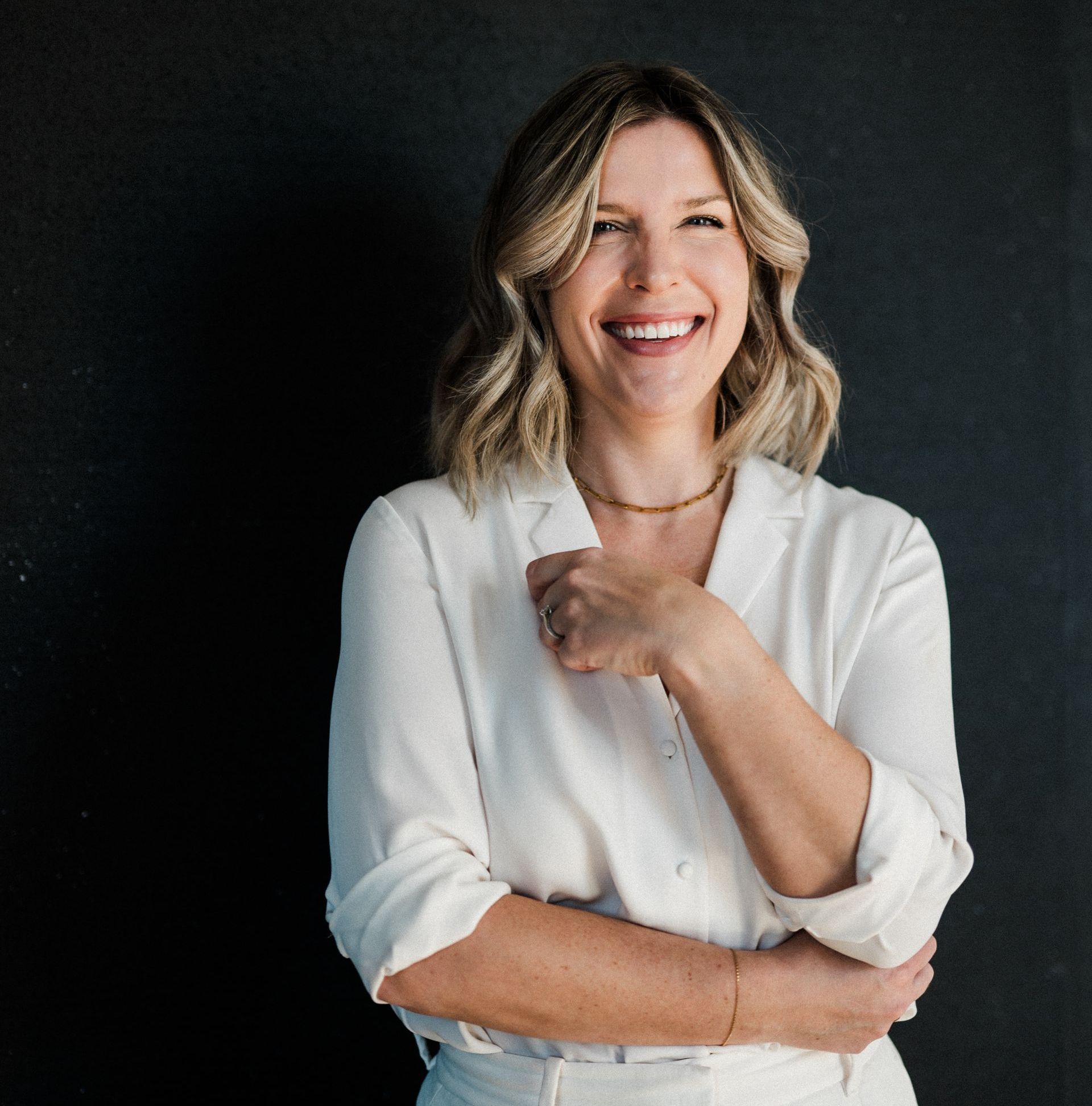Behind the Scenes: Macklem's Moves and the Future of Mortgage Rates
In the dynamic world of Canadian monetary policy, Bank of Canada Chief Tiff Macklem has recently taken center stage. Just days ago, it seemed "premature" for rate adjustments, but now Macklem suggests they might be on the horizon in 2024. As the bond market interprets his moves, borrowers are left wondering about the future of mortgage rates.
The Economic Shuffle
Macklem's dance with the idea of rate adjustments is not without its complexities. The bond market remains skeptical, accustomed to the cryptic nature of central bankers grappling with inflation. Macklem, aware of Canada's economic slowdown, is contemplating the timing of rate adjustments, likely in 2024. The bond market, sensing this, is already making its own predictions, not waiting for official guidance from the Bank of Canada.
Beyond the Summit: What Comes Next for Mortgage Rates
For mortgage borrowers on the edge of their seats, anticipating what comes after the rate peak is a common sentiment. Predicting yields in this rollercoaster is no easy task, but historical market tendencies provide some guidance.
Typically, after a rate peak:
- Yields sink as the market senses the peak.
- The drop accelerates with ongoing data confirming the peak.
- Yields fall across the board, often months before the official rate adjustment.
- Longer-term yields initially drop more than short-term yields.
- Short-term rates catch up once rate adjustments become imminent.
If history holds true, rates may continue a jagged descent until the rate-adjustment cycle kicks in, with potential indicators on the horizon.
Economic Signals and Mortgage Rates
Borrowers should keep an eye on key indicators signaling an imminent easing cycle, such as inflation in the 2s, unemployment in the 6s, dovish BoC communications, and high-rate adjustment probabilities in upcoming meetings. Macklem hints that he'd like to see sustained inflation deceleration for three or four months before the first adjustment, potentially placing it in March or April of 2024.
Bank Credit Spreads and Mortgage Magic
Despite whispers of a recession, bank credit spreads remain cool, signaling stability. This is good news for mortgage rates, as shrinking credit spreads often lead to more affordable variable rates. If all aligns well, we might see more discounts on uninsured floating-rate mortgages in the coming year.
Fixed Rates and the High-Five Club
In the uninsured fixed-rate market, rates are dipping into the 5% range for various terms. Big banks are stepping up their game, offering competitive rates. With room for rates to fall further, uninsured fixed rates may see a decline in January, pending economic data.
Navigating the Value Zone
Long-term fixed rates may feel restrictive in the current cycle. With market-implied rates suggesting potential adjustments, variable rates may outperform 3-, 4-, and 5-year fixed terms. For those seeking a financial safety net, hybrid mortgages could be a solution, blending fixed and variable components.
Insights into Mortgage Trends and Regulatory Shifts
Amid regulatory changes, borrowers face evolving rules. The mortgage world introduces hybrid options like Scotia's STEP and TD's FlexLine for those seeking a balance between fixed and variable rates.
Stay tuned for updates as the mortgage landscape evolves.
Unlocking Mortgage Solutions with Mortgages by Jamie – Your Partner in Financial Solutions.





